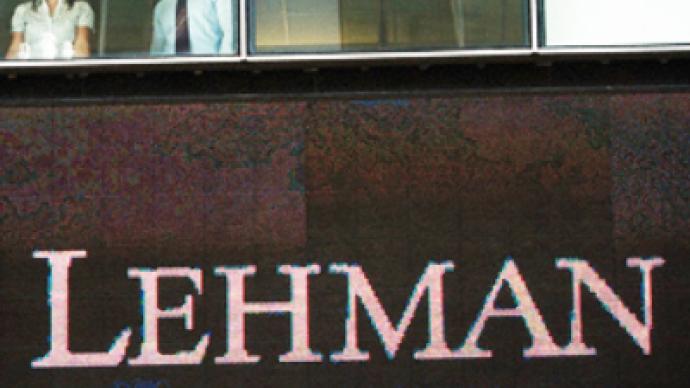Renaissance Capital: A year after the Lehman Brothers collapse

A year ago the global economy first shuddered under the impact of the credit crisis. Business RT spoke with Aleksey Moiseev,Deputy Head of Research at Renaissance Capital about the lasting effects.
RT: Do you think global financial markets learned any questions from a year of crisis?
AM: “Actually, not. The practice of the last several months shows that as soon as new liquidity appear in the market, speculators become active again, and the very structure of financial market remained the same. Huge sums of money were injected into the world economy, but nothing changed at its core.”
RT: Did world financial authorities use the experience of past depressions to tackle the current crisis more efficiently?
AM: “Certainly, they did. Talking about his plan, Ben Bernanke said he was basically driven by the lessons of the Great Depression, which made him promote a loose credit policy, with low interest rates and easy government money, instead of a tight one, which turns a recession into a depression, actually.”
RT: Do you agree that the recovery of global markets is already there?
AM: “Undoubtedly, the first signs of a turnaround appeared had already several months ago, but there are fears of a “skeleton in the cupboard”, the dangers we don’t know about yet. Some experts believe another collapse of major banks could happen in the future.”
RT: What major financial system problems do you think the current crisis unveiled?
AM: “As I see it, it showed that when credit agencies lack objectiveness and adequacy, it leads to the collapse of the whole system. I mean, disinformation from those agencies, working in the interests of their shareholders, and giving them a positive rating, when the actual situation wasn’t that cloudless, misled people, making them absolutely relaxed. This, coupled with the absence of decent financial market regulation, which at a certain moment became too big to run by itself.”
RT: How has Russia fared?
AM: “In fact, I think, all the woes about Russia’s slump are exaggerated, and since July we’ve already seen clear positive signs, though the pre-crisis level could be reached by the end of 2011 or 2012. Talking about the reasons, a sharp downturn in stocks of finished goods really caused the recession in our country. Loose monetary policy coupled with active fiscal policy, when governmental expenses constantly grew, and overheated the economy. So, after a big jump, a sharp downturn followed, as often happens in Russia.”












